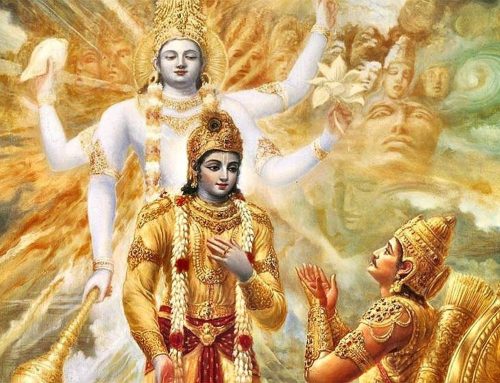The Vedas are a collection of ancient Indian religious texts that are considered the oldest and most sacred scriptures in Hinduism. They are believed to be the divinely revealed and eternal truths that have been passed down through the ages.
The history of the Vedas is shrouded in mystery, with many different theories and interpretations of their origins. It is generally agreed upon that the Vedas were composed in Sanskrit, a classical language of ancient India, between 1500 BCE and 500 BCE. However, the exact time period and circumstances surrounding their creation are still debated by scholars.
One theory suggests that the Vedas were composed by ancient sages or rishis who received the knowledge directly from the gods. According to this belief, the Vedas were not written down, but were passed down orally from generation to generation through a tradition known as “shrauta,” which involved the recitation of hymns and rituals by trained priests.
Another theory suggests that the Vedas were created by a group of ancient Aryan invaders who migrated to India and brought with them their own religious beliefs and practices. This theory is based on the fact that the language and cultural practices described in the Vedas are similar to those of the ancient Aryan civilization.
Regardless of their exact origins, the Vedas have played a crucial role in the development of Hinduism and have had a profound influence on Indian culture and society. They contain a wealth of knowledge on a wide range of topics, including philosophy, theology, cosmology, ethics, rituals, and spiritual practices.
The Vedas are divided into four main collections, known as the Rigveda, Yajurveda, Samaveda, and Atharvaveda. Each collection contains hymns, prayers, and rituals dedicated to various deities, as well as teachings on the nature of reality and the role of human beings in the cosmos.
The Rigveda is the oldest and most important of the Vedas, and contains hymns and prayers dedicated to various deities, as well as teachings on the nature of the universe and the role of human beings within it. The Yajurveda contains sacrificial formulas and rituals, while the Samaveda contains hymns and melodies for use in rituals and ceremonies. The Atharvaveda contains a wide range of texts, including spells and incantations, as well as teachings on ethics and morality.
Despite their ancient origins, the Vedas continue to be an important and influential part of Hinduism and Indian culture to this day. They are revered as the source of divine wisdom and are studied and recited by Hindus all over the world.

